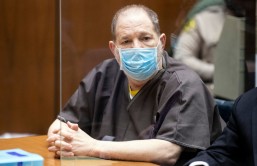A healthy diet combined with regular exercise can delay the fundamental process of aging, according to a new study.
Studies have highlighted that an unhealthy diet and a sedentary lifestyle ups the risk of many health issues including obesity, cardiovascular diseases and diabetes. According to a new study, it also accelerates the process of cell death, scientifically known as senescence and promotes the release of damaging substances from these dying cells. Senescence has a major role to play in the fundamental process of aging.
Mayo Clinic researchers looked into whether increased exercise could counteract this process, subsequently delaying the process of aging. The study was conducted on mice. One group of mice was fed a fast food diet (FFD) for 5 months while the other group was kept on a chow diet.
After 5 months, the researchers found that the first group developed many health issues like insulin sensitivity, impaired glucose tolerance, impaired exercise ability and heart dysfunction. When these mice were made to exercise regularly on a spinning wheel, the effects of the poor diet began to reduce and researcher observed improvements in body weight, metabolism, and cardiac function. Researchers also noted a significant reduction in cell senescence and associated inflammation.
"Our data clearly show that poor nutritional choices dramatically accelerate the accumulation of senescent cells, and for the first time, that exercise can prevent or delay this fundamental process of aging. Despite the need to better understand the role of cellular senescence in aging and disease, our data underscore the profound impact of lifestyle choices on health and successful aging," the authors said in a press release.
In 2011, McMaster University researchers reported similar findings, stating that exercise is the key to enjoying extended youth. Physical activities not only delays aging, it also prevents early death.
Findings of the new study were presented during a poster session on Monday, April 28, at the Experimental Biology meeting.








